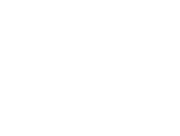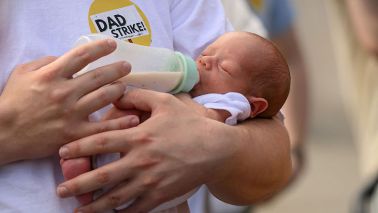 The Nato Secretary-General Jaap de Hoop Scheffer will step down at Nato’s 60th anniversary summit in early April. The former Dutch foreign minister has had some successes during his time in office but his tenure has been dominated by trans-Atlantic rifts, Nato’s struggling Afghan mission, and a failure to work more corporately with the EU. Little of this has actually been his fault but nor has he been able to help chart a way out of trouble.
The Nato Secretary-General Jaap de Hoop Scheffer will step down at Nato’s 60th anniversary summit in early April. The former Dutch foreign minister has had some successes during his time in office but his tenure has been dominated by trans-Atlantic rifts, Nato’s struggling Afghan mission, and a failure to work more corporately with the EU. Little of this has actually been his fault but nor has he been able to help chart a way out of trouble.
NATO is no longer the place where Americans or Europeans go to talk about strategic questions. This is true not only for non-military topics such as the global financial crisis or climate change, but also for classic foreign policy problems such as the resurgence of Russia, the rise of China, and Iran’s nuclear programme.
But NATO is—and will continue to be—the most important organisation for ensuring European security. European countries rely on the Article V guarantee, and NATO’s role in Afghanistan and the Balkans is crucial to Europe’s security interests.
Considering the importance of the job, the list of official candidates is distinctly underwhelming. There are the two Poles: former Polish president Aleksander Kwasniewsi and current foreign minister Radoslaw Sikorski. But both get on terribly with the current Polish leader, Lech Kaczynski, and are likely to be vetoed by the Germans who would fear too anti-Russian a stance from a Polish NATO chief. Then there are Solomon Passi, the former Bulgarian foreign minister, and former Slovenian Prime Minister Janez Jansa. But neither have any name recognition. A stronger contender is Danish Prime Minister Anders Fogh Rasmussen (who, crucially, knows both English and French). But the Danish cartoon case will probably make Turkey block his appointment. This leaves the Canadians John Manley and Peter MacKay but this is traditionally a post for a European.
Rather than picking off the list, Nato members should work out what the next Secretary-General needs to do—stand firm against Russia and the Taliban, be a skilled negotiator and reach European audiences in a way de Hoop Scheffer never could—and then head-hunt the best candidate. Bernard Kouchner, Joschka Fischer Paddy Ashdown, and the impressive Norwegian foreign minister Jonas Ghar Store are names that should definitely be on the list.






Comments